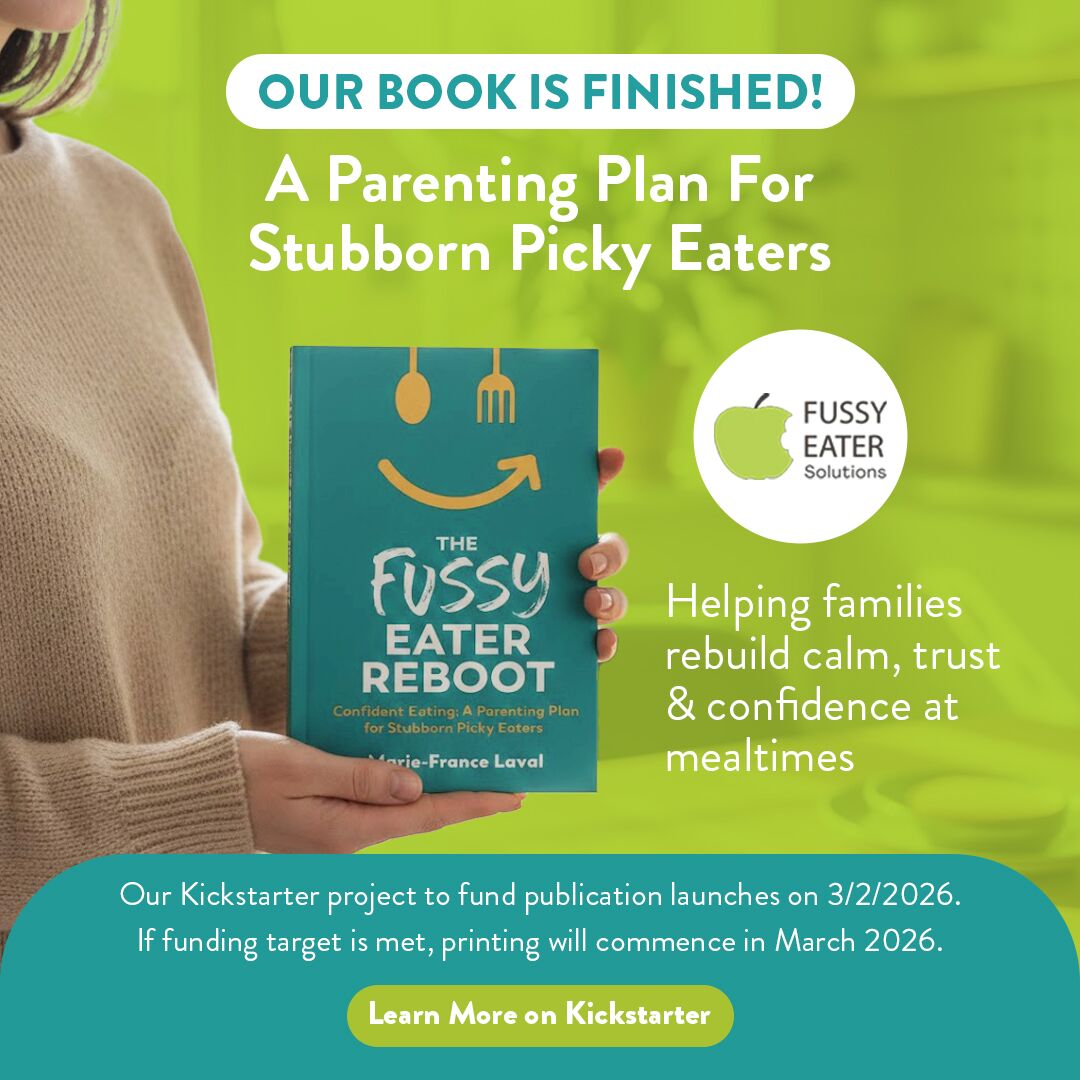
Help your fussy eater by teaching them to cook. This is preferable to teaching them facts about nutrition. It is no secret that we are obsessed with nutrition these days. From diets to supplements, people are constantly seeking the perfect balance of nutrients for optimal health. Everyone has strong beliefs around food and young families will develop their own take on nutrition. Author Michael Pollan criticises the concept of “nutritionism,” which he defines as the idea that food can be reduced to its individual components, such as nutrients, and that those nutrients can be isolated and studied in isolation to determine their health benefits. He believes that the obsession with individual nutrients has obscured the importance of whole foods and the complex interactions between different components of the diet. For fussy eaters “nutritionism” can do more harm than good. In fact, according to Claude Fischler, a French social scientist, it can even add pressure to an already difficult situation[1]. So what can be done to help fussy eaters?
Help Your Fussy Eater by Teaching Them to Cook
You can help your Fussy Eater far more by teaching them to cook, rather then teaching them about nutrition. The nutrition-obsession is everywhere. At school, children are told to eat ‘brain’ food at morning snacks. Some schools in Australia have adopted this concept as part of their policies. Whilst enjoying a morning fruit is wonderful, attaching eating to a benefit is simply wrong. We are simply teaching children from the get-go to eat with goals in mind.
This is not intuitive eating, it is goal-oriented eating! It is very black and white, healthy versus unhealthy. When excessive our nutrition-obsession can turn into orthorexia, a term used to describe an unhealthy preoccupation with healthy eating, where an individual becomes overly fixated on the quality and purity of the food they eat, to the point where it negatively impacts their physical, social, and emotional wellbeing.
Health Messages backfires for Fussy Eaters
The point is most of us cannot eat for a particular benefit, and fussy eaters certainly cannot jump over their difficulties to achieve health goals. In fact, extreme fussy eaters are often very anxious about being not able to eat the ‘brain food’ at school. At home, when dinner time approaches the anxiety goes up. The message “You need to eat your vegetables so you can grow up strong and healthy!” very likely increases anxiety. It clashes with “can I manage the food?” Is there something I can eat?
To reflect once more on how ‘nutritionism’ takes away the pleasure of eating. Parents can ask themselves how they enjoyed food as children. Was grandma’s special dish tasty and delicious? Those special foods we remember from childhood were not only pleasing from a sensory perspective, they also are usually linked to the company we kept during the meal, the pleasant atmosphere that made the whole experience so enjoyable. We did not assess vitamins and minerals in those moments.
Parents who are concerned with health outcomes can consult with a paediatrician to address those, but there is a straightforward way to ensure children grow with a healthy and varied diet.

Raise healthy and confident eaters
So what is the alternative? Rather than obsessing over nutrition, parents can focus on developing cooking skills in their children. Learning to cook can be a fun and creative activity that empowers children to take control of their own meals. By becoming skilled in the kitchen, children can experiment with different flavours and textures, which may help them become more open to trying new foods. Plus, cooking skills can lead to a healthier diet in the long run. Numerous studies have shown that cooking and home food preparation interventions were effective in promoting healthier dietary behaviours and improving health outcomes among adults.
In short, rather than putting pressure on fussy eaters to eat certain foods or get enough of certain nutrients, parents can empower their children by teaching them to cook. This approach is more effective in promoting healthier dietary behaviours and can help reduce anxiety around food. By raising a skilled adult who can feed themselves, parents can set their children up for a lifetime of healthy eating habits.
While nutrition is important, it’s not the be-all and end-all when it comes to fussy eaters. By focusing on cooking skills rather than falling in the trap of “nutritionism”, parents can help their children develop a healthy relationship with food that lasts a lifetime. If you find that you are stuck with an anxious eater at home and realise that the nutrition-obsession impacts their capacity to learn to eat new food, get in touch with me.
Claude Fischler’s book “Manger. Français, Européens et Américains face à l’alimentation” (2019).
Tani, Y., Fujiwara, T. & Kondo, K. Cooking skills related to potential benefits for dietary behaviors and weight status among older Japanese men and women: a cross-sectional study from the JAGES. Int J Behav Nutr Phys Act 17, 82 (2020). https://doi.org/10.1186/s12966-020-00986-9
Reicks, M., Trofholz, A. C., Stang, J. S., & Laska, M. N. (2014). Impact of cooking and home food preparation interventions among adults: outcomes and implications for future programs. Journal of nutrition education and behavior, 46(4), 259-276. doi: 10.1016/j.jneb.2014.02.001
Wolfson, J. A., & Bleich, S. N. (2015). Is cooking at home associated with better diet quality or weight-loss intention?. Public health nutrition, 18(8), 1397-1406. doi: 10.1017/S1368980014001943
Wolfson, J. A., & Bleich, S. N. (2015). Assessing the evidence: Exploring the effects of cooking on health outcomes. Preventive medicine, 77, 280-288. doi: 10.1016/j.ypmed.2015.06.021
Dubuisson, C., Lioret, S., Touvier, M., Dufour, A., Calamassi-Tran, G., Lafay, L., & Volatier, J. L. (2014). Cooking skills are associated with dietary intake in French young adults. Public health nutrition, 17(11), 2416-2424. doi: 10.1017/S1368980014002722



